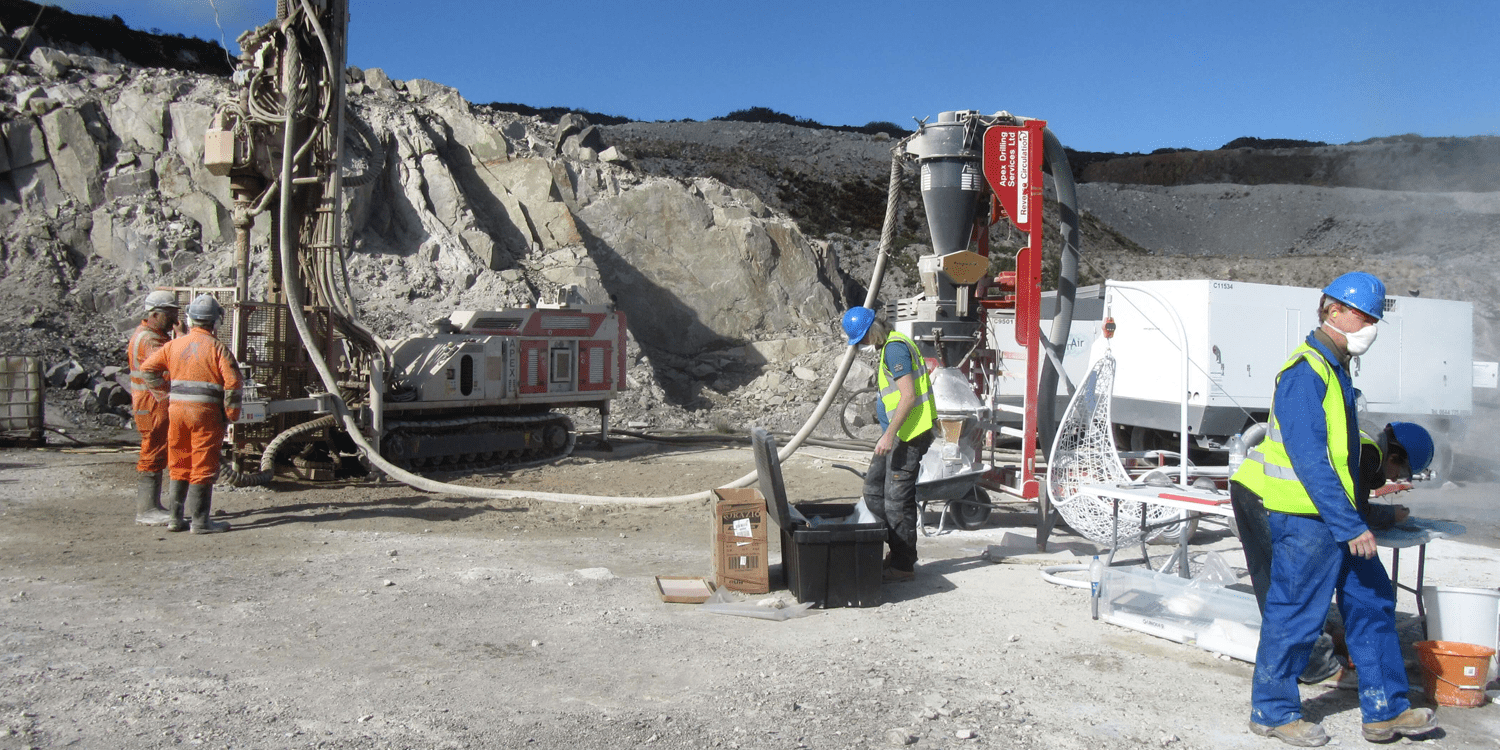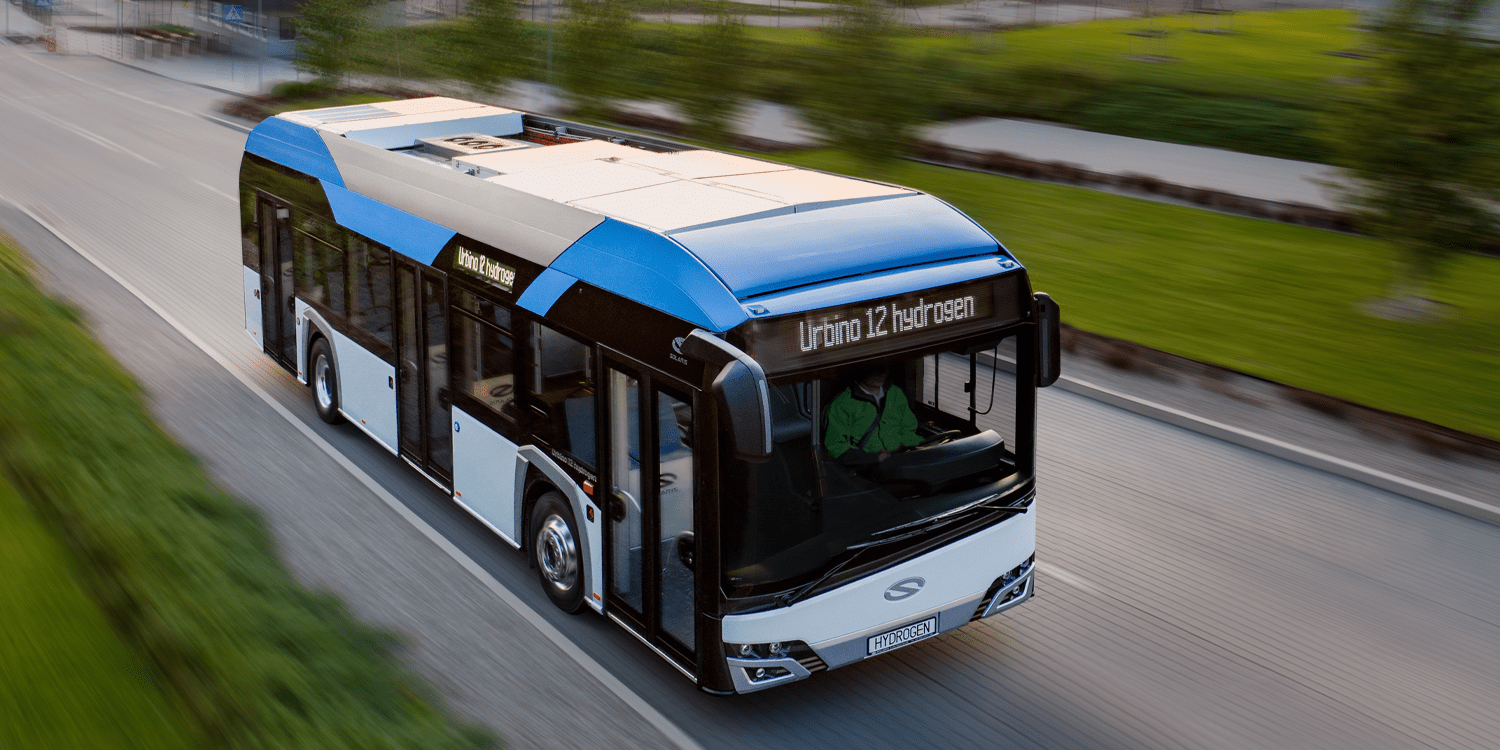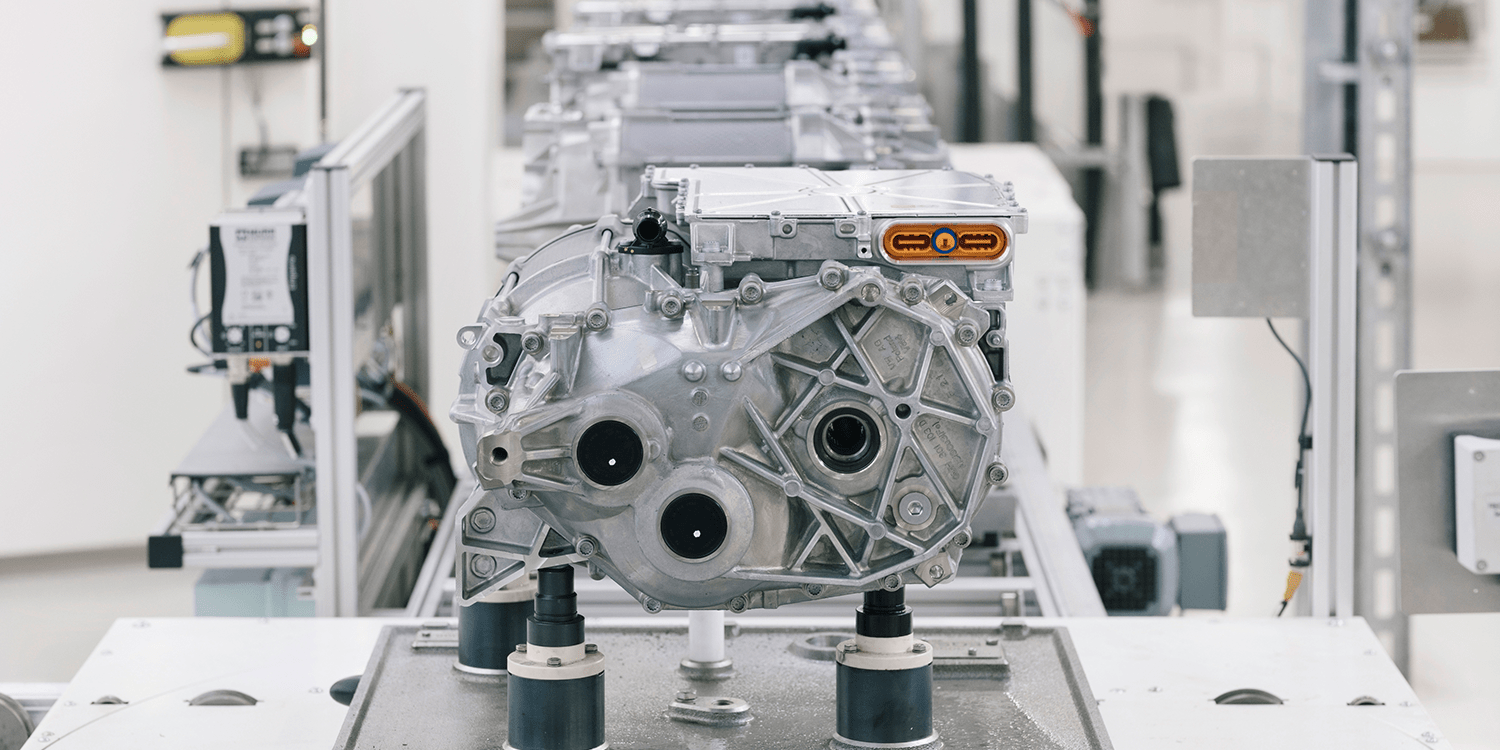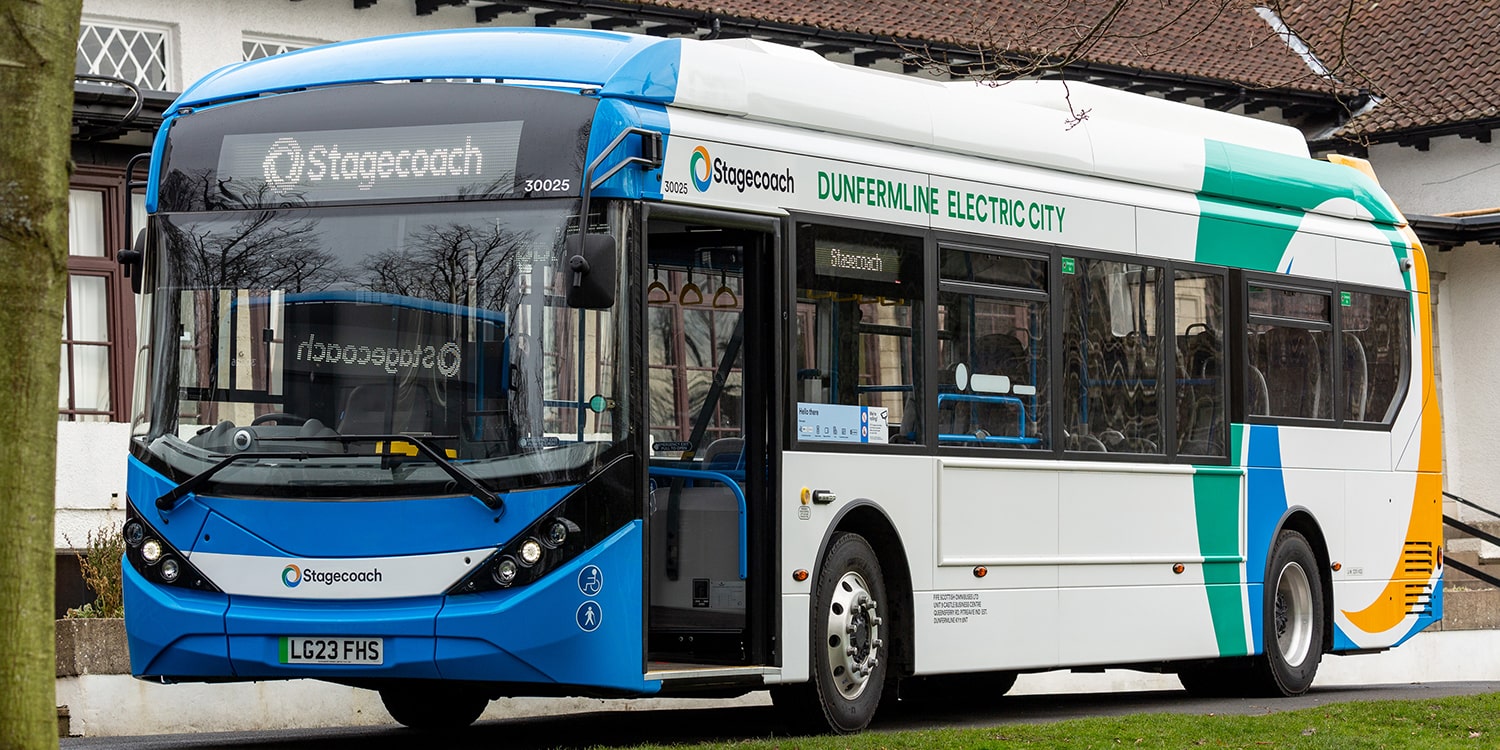The German government is taking steps to reduce its dependence on other countries for critical raw materials used in the production of electric car batteries. A new commodity fund worth up to 2.2 billion euros is being planned to finance the mining and production of these materials. The fund could be launched as early as next year, pending agreement on the necessary funding.
The ongoing conflict in Ukraine has highlighted Germany’s dependence on Russia for natural gas, and the country is seeking to reduce its reliance on China for resources. The new fund is part of Germany’s efforts to secure its own supply chains for critical raw materials.
The plan has the support of Economics Minister Robert Habeck and Chancellor Olaf Scholz, but Finance Minister Christian Lindner and his party, the FDP, must still be convinced. Lindner has expressed ignorance of the plans, and the FDP recently derailed a European Union discussion on banning internal combustion engines by insisting on the allowance and subsidization of eFuels. A compromise was eventually reached, but the ban was significantly softened.
European mining companies have been demanding more political support due to the high costs and complex approval procedures involved in mining. VW has also called for quick solutions, with the chief technology officer and head of the components division responsible for battery cell production calling for a European state aid programme and lower prices for green energy. The company is making much faster progress on plans for a battery factory in North America than in Europe, and Europe risks losing billions of investments in the coming months and years.
See also: US and EU Negotiate Agreement on Critical Minerals for Electric Vehicle Batteries
Germany’s new commodity fund is a step towards securing the supply of critical raw materials and reducing the country’s dependence on other nations for these resources. With support from key government officials, the fund could help accelerate the development of electric vehicles in Germany and the wider European Union.







